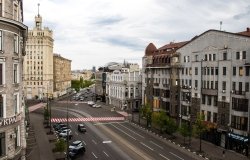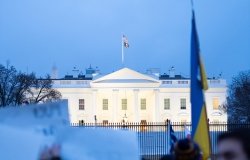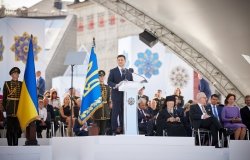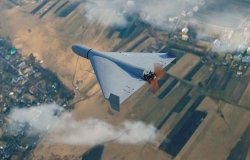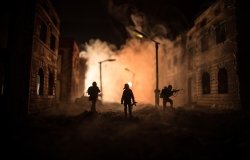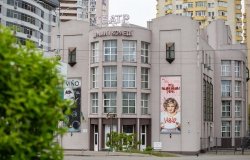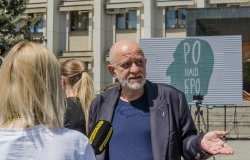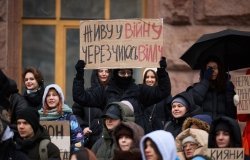
A blog of the Kennan Institute
The Kursk Strike on Putin's Strategy
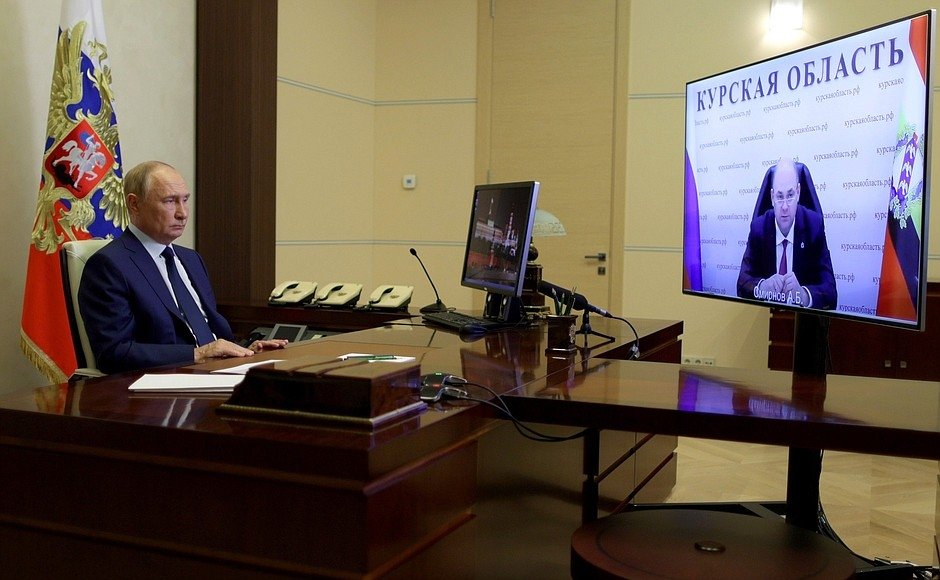
Over a month ago, the Armed Forces of Ukraine attacked Russian territory and captured over 1,300 square kilometers. The more time passes since the Ukrainians' successful breakthrough, the more skeptical assessments and comments appear in the Western press. Looking back, can we say that the Kursk operation was successful?
One of the most common criticisms regarding the Kursk operation is that Russia did not redeploy troops from Donbas as expected; instead, the situation in that region has drastically worsened. It must be acknowledged that there was indeed rapid progress by Russian troops. In August, Russians captured 477 square kilometers, one of their largest achievements since March 2022. In comparison, in July, they managed to advance only 200 square kilometers. Moreover, the speed of the Russian offensive in Donetsk Oblast continues to remain very high.
However, conclusions regarding the success of this operation are premature, and I will explain why the battle in the Kursk region will be one of the most important for Putin.
The Kursk operation was not only a direct blow to Russian territory; more significantly, it struck at Putin's strategy for achieving victory. The combat actions of 2024 and the public statements of Russian politicians make it clear that the cornerstone of this strategy was the consolidation of territorial gains by the Russian army at the start of negotiations. This strategy relied on two tactics: Russian advances in Donbas to increase territorial gains and terrorizing the Ukrainian population through energy infrastructure attacks to force negotiations. The fixation of the front line as a basis for negotiations also formed the foundation of the so-called “Chinese peace plan,” which Putin enthusiastically supported.
It is clear now that neither Putin nor his partners can support the idea of freezing the front line because that would mean the loss of a significant portion of Russian territory. For this reason, Putin declared the cessation of any possibility of negotiations. This means that the battle to retake the Kursk region will be strategic for the Russians. Without regaining this region, Putin cannot return to his strategy for victory. To achieve this, Russians will have to deploy significant forces and reserves, but the question remains—where will they find them?
Deploying forces and resources from other directions is risky, as it will halt the already slow progress and may expose occupied positions to a counterstrike. On the other hand, covert mobilization barely covers the monthly losses in Russian personnel. A logical solution in this situation is partial mobilization, similar to what occurred in the fall of 2022. However, mobilization is extremely unpopular with the Russian public, and new forces will require technology and weapons, though the Russian defense industry is giving worse results than expected.
Despite the risk, I predict that a decision on partial mobilization in Russia is inevitable. Without this, retaking the Kursk region and continuing offensive actions on Ukrainian territory will be impossible. Although Putin has changed his vision of a strategic victory in the war several times, there can be no vision in which the Kursk region remains unreclaimed. Therefore, in the coming months, we can expect a significant Russian counteroffensive in this region. To a large extent, the future course of the war and possible negotiations for its resolution will depend on the outcome of the battle for the Kursk region.
The opinions expressed in this article are those solely of the author and do not reflect the views of the Kennan Institute.
See our newest content first.
Subscribe to receive the latest analysis from Focus Ukraine.
About the Author
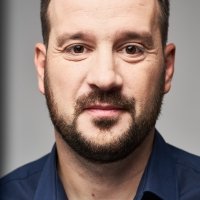
Victor Andrusiv

Kennan Institute
The Kennan Institute is the premier US center for advanced research on Eurasia and the oldest and largest regional program at the Woodrow Wilson International Center for Scholars. The Kennan Institute is committed to improving American understanding of Russia, Ukraine, Central Asia, the South Caucasus, and the surrounding region though research and exchange. Read more
